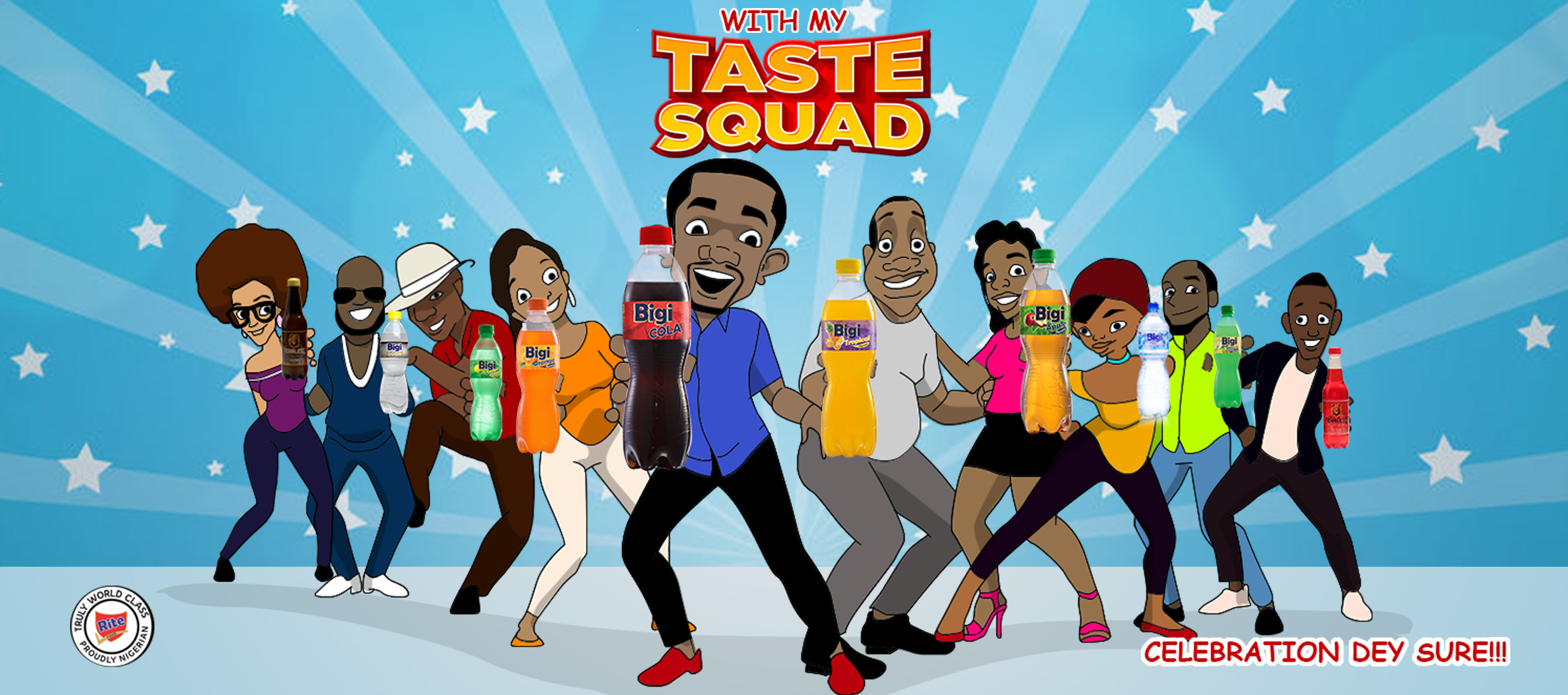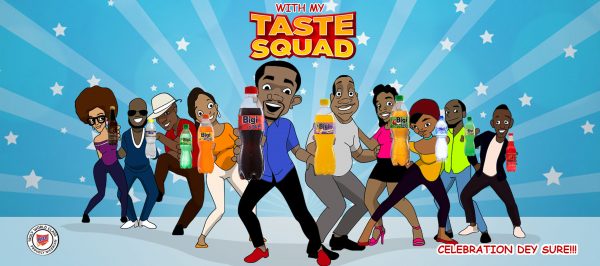If you’re a Nigerian sausage roll aficionado (as many commuters in the country’s towns and cities are), you’ll almost certainly have heard about, seen or consumed a Rite Food product. Their sausage rolls are among the bigger snack brands that help fill the guts of hungry people on the go, whether they’re at work, at the bus park, or stuck in traffic. And because they’re munched in public spaces and sizable human gatherings, they’ve become quite recognizable in these parts.
As its name suggests, Rite Food makes edibles. It produces drinks as well. The range of products they’ve come up with thus far- sausage rolls, soft drinks and bottled water -strikes the neutral observer as having been inspired by the outdoor snacking habits of the ‘regular’ Nigerian. A flour-based roll washed down with carbonated drinks is the quintessential comfort for urban bellies in our country. Rite Foods has made a thriving company out of this fact.
The journey began for Rite Foods with its founding late in 2007, as a subsidiary of Ess-Ay Holdings. The following year, it began making its first product, Rite Sausage Roll. In 2010, it added the Bigi Sausage Roll to what was a slim product range at the time. Strengthened in part by the success of the Bigi Sausage Roll, the company was able to move to a larger production factory, and add cola, soda and energy drinks to its offerings.
The Bigi Sausage Roll remains a major propeller of Rite Foods’ growth in Nigeria. It was an instant hit when it arrived on supermarket shelves and trader pans almost a decade ago. Consumers were drawn to it by its larger size (compared to similarly priced sausage rolls), and perhaps the sheer fact that it was new at the time. But it has persuaded a fair fraction of the snack eating population to embrace it as the preferred option among other established brands. Following this success, Rite Foods added the Spicy Beef sausage to its product mix.
More recently, the Bigi Cola, Orange and Apple drinks have gained traction, pricing many away from very similar preexisting alternatives. It’s quite clear what has gone on here. These varieties are precisely the types that Nigerians have become familiar with. There’s probably no need to come up with a totally unique product if you can draw in customers simply by presenting them with slightly reworked versions of your competitors’ services.
Nigerians appear to have developed an appetite for energy drinks in the past few years, and Rite Foods has latched on to it as well. In 2017, it put out its own energy drink, Fearless, to the markets, to slug it out with other brands in that burgeoning niche.
The consumption habits of Nigerians in transit could also have inspired the introduction of the Bigi Premium Drinking Water in 2016. The country’s ₦900 billion packaged water industry isn’t getting saturated anytime soon; with more thirsty mouths popping into existence by the minute, there will be plenty of parched tongues to value a new incarnation of bottled water.
As it has grown, the Rite Foods brand has extended its activity beyond manufacturing lines and distribution outlets. Its sponsorship of the African Senior Athletics Championship held in Asaba in 2018, and its involvement with indigenous cultural shows, have raised its public profile as an emerging giant in the country’s Fast Moving Consumer Goods (FMCG) sector.
Featured image source: ritefoodsltd.com


